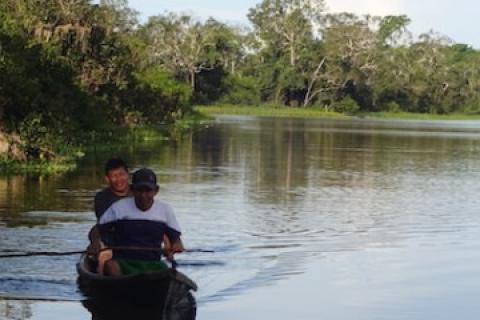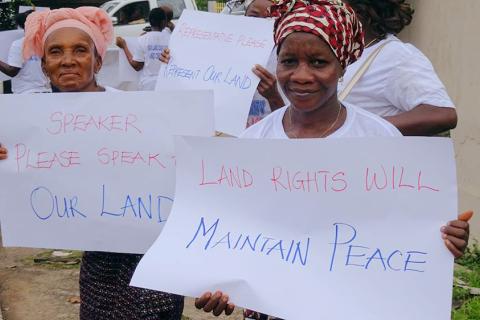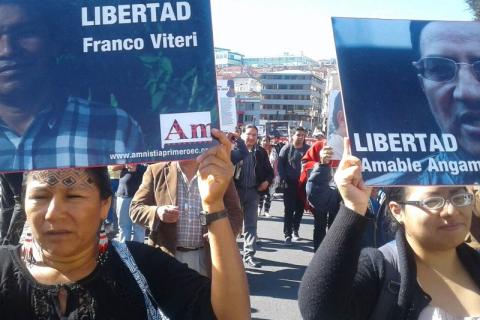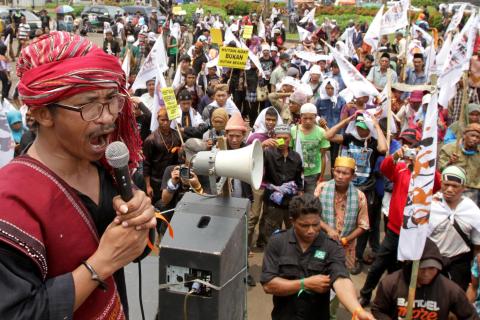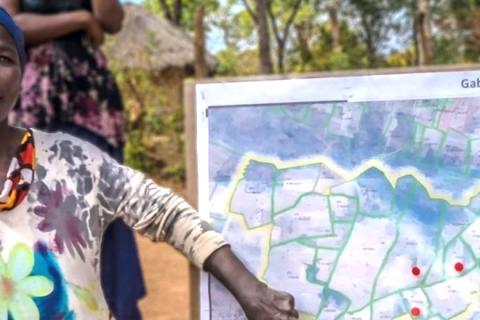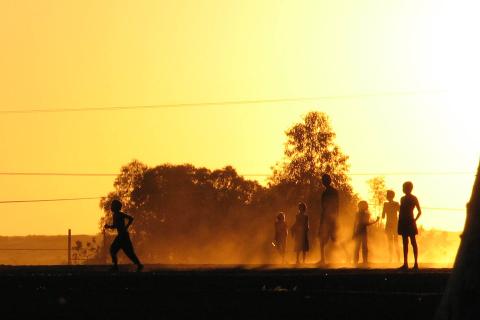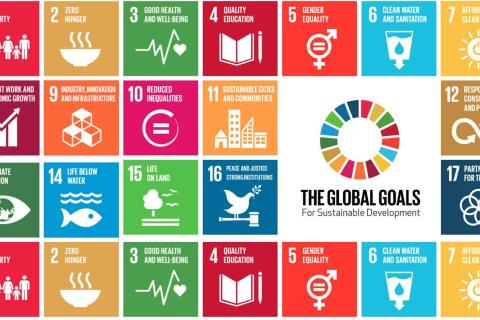Consent is Everybody’s Business: Why banks need to act on free, prior and informed consent
Banks must stand with Indigenous and local communities in respecting their land rights
In 2018, every week more than three people were murdered, defending their land and environment from destructive industries like mining, logging and agribusiness. These killings represent the extreme end of a spectrum of violence and threats directed at land rights defenders.




